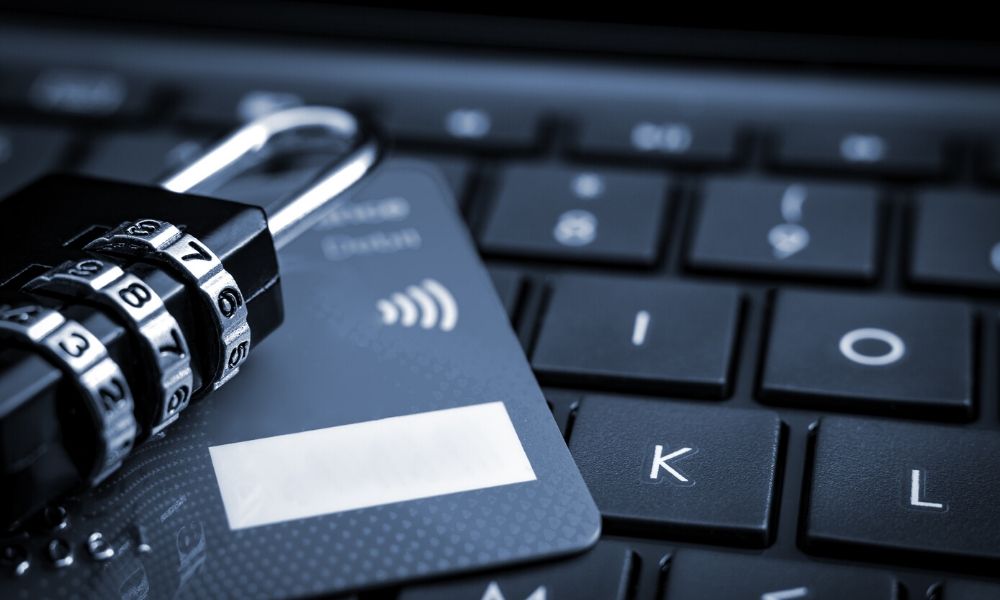College comes with a lot of new things. You take classes that end up changing your entire mindset on what you’re supposed to do, you meet people that test you, you find what you love, what you dislike, and what makes you, you. College is about forging an identity for yourself—what it’s not about is a stolen identity.
Identity theft affects millions of people, and many of those victims can be college students. In fact, according to the Consumer Financial Protection Bureau, reports of student loan fraud increased by more than 120 percent from 2016 to 2017. This number increased in the past year. That said, it’s smart to understand the different types of identity theft that can affect you so that you can take steps to protect yourself. We’ll discuss a few different tips on how to protect college students from identity theft—you definitely want to take a look at these!
Beware of Shoulder Sneakers
One of the biggest tips we can give you is to stay aware of your surroundings. If you’re in the library or a coffee shop off campus, then you need to take time to ensure that someone isn’t glancing over your shoulder while you enter PIN numbers and passwords at ATMs, into cellphones, or on laptops. It’s also good practice to simply not share credit card numbers and other personal information over the phone in case someone is listening in.
Keep Personal Information Safe and Hidden
Let us make this as clear as possible—keep your social security card and birth certificate at home, and more specifically, at home with your parents. Foundational paperwork like that should be kept safe and hidden, and you should not carry it around with you on campus. Regarding other personal information, such as credit cards and driver’s licenses, make sure to keep those in your wallet and as close to your person as possible. Don’t leave things like this open on desks—colleges are social places; it’s tough to predict who may potentially steal the information on these cards.
Guard Your Numbers
In that same realm of protection, make sure to guard your numbers. You have quite a lot of them, and when you share them willy-nilly, you become an easy target for identity theft. Credit and debit card numbers, driver’s license numbers, PINs, and Social Security numbers should only be shared when absolutely necessary, and only when there’s a legitimate reason to share them.
Keep in mind that federal organizations and banks won’t call you and ask you to provide your personal information over the phone—nor will they email you. These questions are asked through the mail, so never share any personal information over the phone or email.
Wait for Secure WiFi
Another big mistake college students tend to make is in regard to public WiFi. Public WiFi networks are not secure, so you absolutely should not log into accounts with private information. Even then, someone can still intercept what you look at online, such as your email, passwords, and browsing history. Do yourself a favor and use a Virtual Private Network. A VPN creates an encrypted connection between your connection and the server, so hackers can’t get your information.
Go Over Account Statements
Lastly, go over your account statements regularly. This includes all credit and debit card statements—look over any private information regularly, so you can keep an eye out for thieves.


Out of all these points, looking over statements is the easiest way to prevent being a victim of identity theft. Whenever I receive letters from my bank, I look them over with a fine-tooth comb, ensuring that every payment can be recognized. If anything off comes up, that’s when I contact the bank. It’s an easy strategy to stay safe.